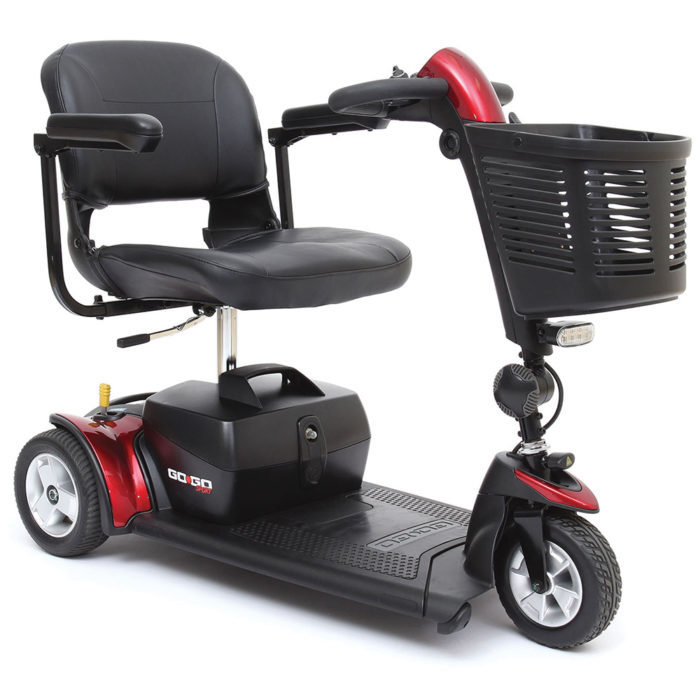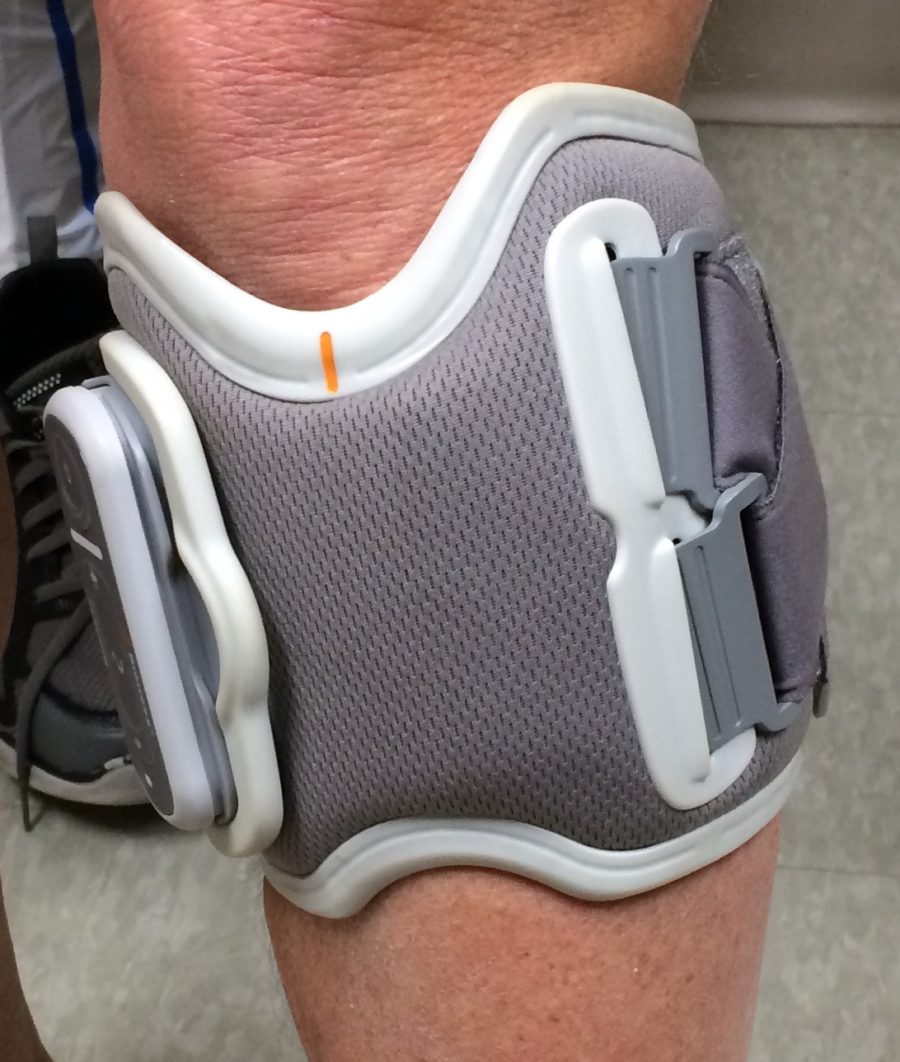Over the many years I’ve lived with multiple sclerosis I’ve used several MS drugs to treat my symptoms. Some have helped, some haven’t, and some worked at first but then lost their efficacy.
I recently returned to three MS drugs that I’d stopped using for various reasons. Here’s why.
Provigil
Provigil (modafinil) is a medication that reduces fatigue, one of my most troubling symptoms. For many years I used modafinil, the generic version, to improve my alertness. A tablet in the morning would help for about eight hours. Occasionally, I’d take a second dose later in the day if I was extra tired or had something special to do that night.
But about a year and a half ago, I began to feel it wasn’t helping any longer. Coincidentally, research was released around that time concluding that modafinil wasn’t more effective than a placebo at reducing MS-related fatigue. I stopped using it, and guess what? I didn’t feel any increase in my fatigue level.
That fatigue began to creep back, however, and about a month ago, my wife suggested I resume taking modafinil. I did and it’s helping. Is that because, over the years, I’d built up a resistance to the medication and I needed to take a break? Could the quality of the generic medication have changed because of a change in manufacturers or lack of quality control? Am I now benefiting from a placebo effect? Does it matter as long as I’m feeling better?
Neurontin
Neurontin (gabapentin) is a seizure-reducing medication primarily used by people with epilepsy. People with MS use it to control pain from spasticity and lesions. For many years, I’d used baclofen to control my spasticity, but I switched to gabapentin in an attempt to control both my jerky legs at bedtime and the sharp pains that occasionally traveled down my legs from my hips to my knees.
Back and forth I went between the two, trying to find a balance. But a particularly bad bout of nerve pain in my leg sent me back to gabapentin. With a nod from my neurologist, I upped the nighttime dose from one capsule to two. Overnight, I went from being unable to put weight on my right leg without shooting pain to returning to the normal me. And my nighttime leg jerking eased, and sleep came faster. So, in with gabapentin and out with baclofen, for now. I’ve also been able to drop back to a single dose at night.
Ampyra
Ampyra (dalfampridine) is known as the “walking drug.” It strengthens the signals sent from the brain through nerves that have been damaged by MS. When I first began using Ampyra many years ago, it improved my walking ability, just as research said it would. But I had to stop using it when my insurance changed and my copay jumped from $40 to $500 a month.
In late 2018, a generic for Ampyra became available in the U.S., but resuming the medication didn’t cross my mind. When I saw my neurologist recently, however, and complained that I was slowing down, she suggested looking into that generic, dalfampridine. Guess what? I found I could buy a 90-day supply for $120, the same as the $40 a month copay I used to pay! Needless to say, I’ve returned to using it, but the jury is still out on whether it’s helping.
Keeping my eye on the target
MS is a moving target, so we should all remember to occasionally adjust our sights and review the MS drugs we use. I’m glad I did.
(A version of this post first appeared as my column on the Multiple Sclerosis News Today website.)
(Featured image by Vachagan Malkhasyan from Pixabay.)



